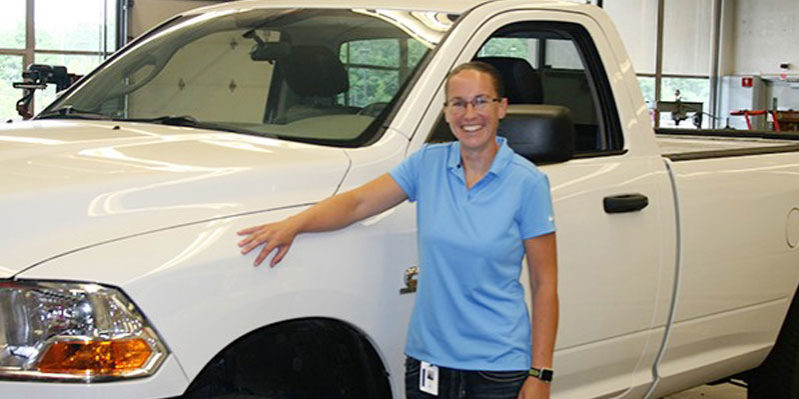
Sometimes a student isn’t fully prepared for college-level courses in a specific required subject. How does HFC provide the needed bridge to advance student learning and long-term success?
In some cases, it starts with remedial coursework: extra courses designed to prepare students to succeed in their required courses. Nationwide, more than half of freshmen in community colleges and 40 percent in four-year colleges/ universities enroll in at least one remedial class in reading, writing, or mathematics. It’s not that students aren’t smart enough or hard-working enough to succeed in rigorous college courses and graduate. They are capable of excelling. Some just didn’t receive the necessary preparation before enrolling in college.
The highest remedial enrollments tend to be in math. Sometimes students don’t achieve their goals directly through those courses. We want to see them not only pass their classes, but gain the capability to succeed in any academic program and career they choose.
As an alternative to remedial classes, the HFC Mathematics Department is offering what are called “co-requisite” math classes. Co-requisites are taken simultaneously with regular courses, attempting to provide targeted instructional support, exactly when it is needed. Co-requisites are offered in the following courses:
- MATH 110: Intermediate Algebra
- MATH 131: Quantitative Literacy
- MATH 141: Elementary Statistics
Cohorts help students learn through co-reqs
“The co-requisite model has worked better for some students than remedial classes,” explained HFC math instructor Shanna Simpson-Singleton, who teaches MATH 131. “Being enrolled in remedial classes can create a mental block where some students think they’re not good enough. With co-req classes, they take a college-level math class, just like everyone else. There’s no negative comparison. If they need additional help, the co-requisite offers extended instructional time.”
According to HFC math instructor Jeff Morford, who piloted the program in Fall 2017, the co-requisite math classes use a cohort model. The lab and the respective college-level classes contain the same cohort of students. Labs and classes are scheduled at consecutive times, so the learning occurs in a connected, real-time sequence.
In this environment, instructors are able to be more receptive to deficits in math classes, and immediately respond to close those gaps. Co-requisite math classes also create a supportive student learning community within the courses, reducing student stress.
A little extra time, a little extra help, better outcomes
“This is part of a national movement,” said Morford. “Schools with well-developed co-requisite classes have gotten the highest pass rates for their students. Our experience so far has been the same.”
So far, the HFC co-requisite classes have been successful. They typically have almost the same pass rate as regular math courses. In every semester so far, the co-requisite pass rate is either higher or almost as high as regular classes, stated Morford.



